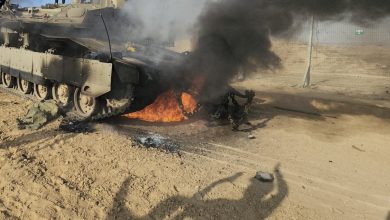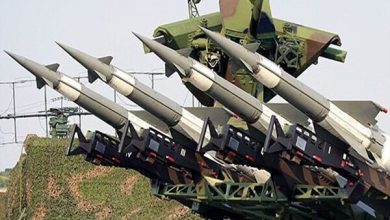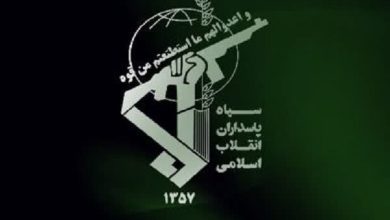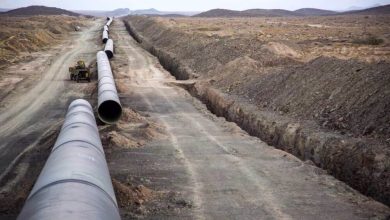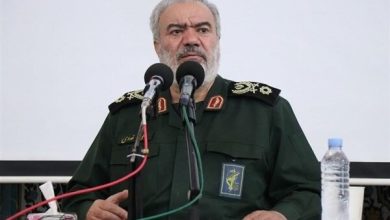Former IRGC Commander Asserts Iran Capable of Confronting Both US and ‘israel’ Simultaneously
A former top commander of the Islamic Revolution Guards Corps has stated that Iran has proven its ability to simultaneously confront both Washington and Tel Aviv, as evidenced by its recent response to Israeli and US actions.
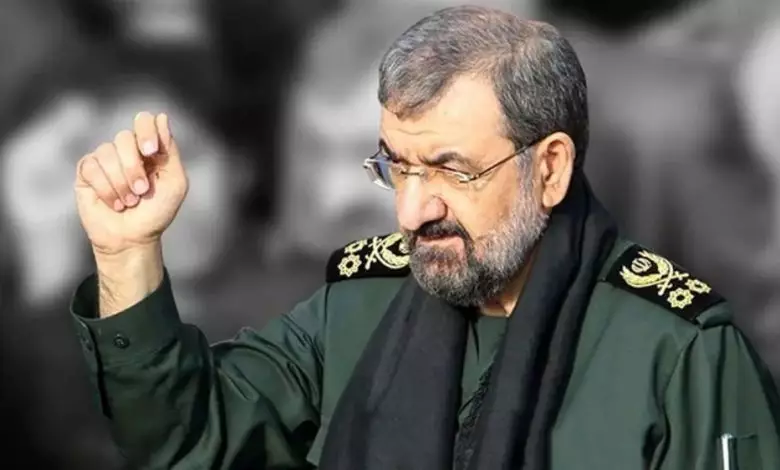
Major General Mohsen Rezaei, who assumed leadership of the IRGC after the success of the Islamic Revolution in 1979, shared these comments in a televised interview on Tuesday.
He referred to the successful counteraction as reminiscent of the iconic declaration, “I am the one who can challenge you,” once stated by Lieutenant General Qassem Soleimani, the former leader of the Corps’ Quds Force.
During the Iranian counterstrikes, Rezaei, a member of the Expediency Discernment Council which counsels the Leader of the Islamic Revolution, Ayatollah Seyyed Ali Khamenei, stated, “This was truly proven.”
On June 13, Israel conducted a series of airstrikes targeting the Islamic Republic, reportedly operating with exceptional military and intelligence support from the United States.
Iran’s Armed Forces executed a prompt response, initially engaging in extensive defensive strategies, followed by launching a swift and unyielding counteroffensive campaign.
Under the codename Operation True Promise III, the retaliatory strike carried out with remarkable accuracy hit critical targets within the occupied Palestinian territories, focusing on key nuclear, military, and industrial locations.
A barrage of ballistic missiles, numerous of which were supersonic and equipped with multiple warheads, descended alongside swarms of armed drones, targeting crucial areas. These included the strategic city of Tel Aviv, noted as the economic hub, the port city of Haifa, recognized as the most vital deep-water port, and Be’er Sheva, identified as the technological nucleus of the region.
Facing relentless retaliation, the regime hastily sought a ceasefire merely 12 days later, despite having utilized its entire missile arsenal and enlisted some of the most advanced American missile platforms.
Israeli media outlets report that the aftermath of the strikes has left the city of Bat Yam, located along the Mediterranean coastline of the occupied Palestinian territories, severely damaged, drawing comparisons to the war-torn landscape of the Gaza Strip.
Furthermore, Iranian forces launched ballistic missiles at al-Udeid, the United States’ most significant airbase in the region, situated in Qatar. This action was in response to American assaults on Iranian nuclear sites towards the conclusion of the conflict initiated by Israel.
No nation would attempt to attack U.S. interests in the same manner as Iran has.
Rezaei emphasized that “no nation would dare execute such an attack,” in reference to the counteroffensive directed at al-Udeid.
“Even a nation like China would not dare to execute such a strike.”
An official refuted American claims that only one Iranian projectile had struck the facility, citing sources from Qatar that reported between five to six explosions at the location.
Iran is rising to a position of prominence.
He characterized the overall performance as “a display of power,” noting that it also resulted in “enhancing Iran’s standing in the region.”
“In a broader perspective, we have initiated our climb toward the summit. However, the critical objective is to persist, despite the considerable efforts by Israel and the United States to impede our progress.”
The retaliation demonstrated to numerous regional states that the Islamic Republic could be considered “reliable.”
US-Israel Tensions Highlight Frustrations
Rezaei also outlined several instances in which the United States and Israeli regime faced setbacks during their joint ventures of aggression.
He highlighted that the pair had devoted a full year to meticulously planning their strategy for the offensive and had conducted rehearsals in locations like Greece and the Mediterranean Sea.
According to the former commander, they failed in their primary objective, which included targeting the Leader of the Islamic Republic or members of its Supreme National Security Council.
Washington and Tel Aviv ultimately fell short of their subsequent objectives, which included instigating chaos within the nation, enabling counterrevolutionary forces to penetrate Tehran, and fostering the disintegration of the country.
Moreover, both parties had intended, albeit unsuccessfully, to carry out widespread bombing operations targeting the entire military infrastructure of the Islamic Republic, mirroring the actions taken in Syria after Israeli-supported Takfiri terrorists escalated hostilities last year.
Rezaei highlighted the final objective that both the regime and Washington have been unable to achieve—gaining control over the airspace of the Islamic Republic.
An official highlighted the staggering $20 billion cost of the war for the regime and the significant depletion of American interceptor missile stockpiles, which took the United States over two years to produce at exorbitant expenses, as further examples of the duo’s shortcomings.
The adversaries are not ready to admit their frustrations, he stated, adding that every defeat experienced by Israel translates into their victories. This includes the financial burdens the regime has shouldered, the breakdown of its security, and its inability to meet its goals.

